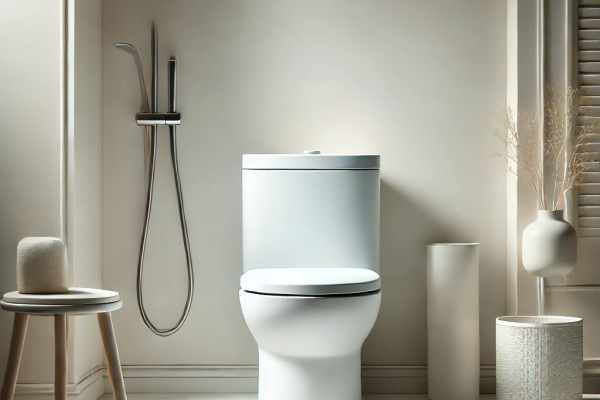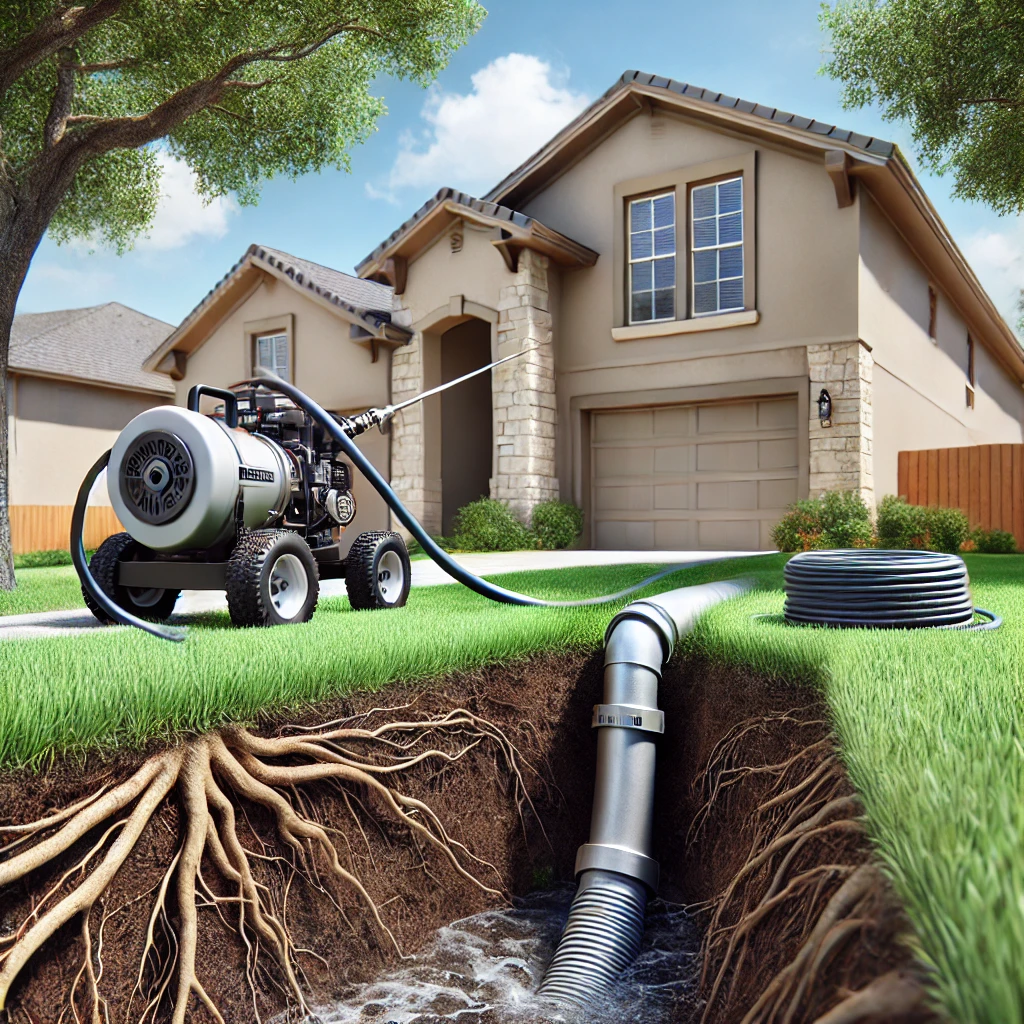
10 Things You Should Never Flush Down the Toilet: Let’s Save Our Sewers
The toilet is one of the modern conveniences that makes our lives easier and more comfortable. But have you ever wondered what happens to the things we flush down? Many people assume that the toilet can handle any type of waste and flush away all their problems. In reality, our sewer systems are not omnipotent. Every careless flush can lead to severe issues that cost not only you but your city as well.
Imagine this: thousands of miles of pipes hidden beneath our streets, working day and night to maintain our comfort. But this system is vulnerable. Everything you flush down the toilet can potentially cause blockages, pipe damage, or even environmental disasters. This issue is particularly critical in Texas, where the sewer system faces additional strain due to a growing population and unique climate conditions.
Why Is This Important?
Misusing the toilet can lead to:
- Blockages in your home’s drainage system, often requiring costly repairs.
- Damage to municipal treatment facilities, resulting in additional expenses from the city budget.
- Negative impacts on the environment – many substances flushed down the toilet release toxins into aquatic ecosystems.
In Texas, where sewer systems are already under heavy strain, the responsibility of each resident becomes even more significant. Only through collective efforts can we maintain infrastructure efficiency and prevent ecological issues.
What Shouldn’t Be Flushed Down the Toilet?
1. Sharp Objects
Razors, blades, syringes, and needles are not only hazardous but also potentially destructive for the sewer system. They can get stuck in pipes, damage equipment, and pose risks to sanitation workers. Instead of discarding them in the toilet, take such items to specialized disposal centers. For instance, many pharmacies in Texas accept syringes and needles for safe disposal.
2. Medications and Cosmetics
Flushing expired medications might seem like a convenient solution, but these substances contain chemicals that, once in wastewater, pollute rivers and lakes. Cosmetic products, such as creams and gels, can also include components harmful to nature. Many cities offer special programs for collecting unused medications. By participating in these, you help protect our water sources.
3. Wet Wipes and Paper Products
Despite some wet wipes being labeled as “flushable,” they remain one of the leading causes of blockages. Their dense structure prevents them from breaking down in water, and they accumulate in pipes, forming significant clogs. Remember the famous stories from major cities where sanitation workers pulled massive clumps of wipes and grease from sewers?
4. Feminine Hygiene Products
Tampons, pads, and other hygiene products are designed to absorb liquids and expand when in contact with water. This makes them extremely hazardous for sewer systems. Dispose of them in a trash bin to avoid unpleasant surprises down the line.
5. Condoms and Latex Items
Latex products, such as condoms, balloons, and gloves, do not dissolve in water. They easily get stuck in pipes and can damage pumping stations. Even small amounts of such items can lead to significant problems.
6. Cat Litter
Cat litter, even if labeled as “flushable,” contains particles of clay or sand that settle in pipes. As a result, this leads to drainage blockages. Pet owners are advised to dispose of litter in trash containers.
7. Cotton Products and Small Items
Cotton swabs, pads, tampons, and dental floss are frequently flushed but should never be. Not only do they fail to decompose, but they also tangle and form dense clumps, which block the water flow.
8. Bandages and Similar Materials
Bandages are made of synthetic materials that do not break down in water. They stick to pipe walls, exacerbating existing blockages. Dispose of them in a trash bin after use.
9. Hair
Hair is a sneaky enemy of your plumbing. It easily tangles into dense clumps that block pipes. When cleaning your brushes and combs, throw the hair in the trash instead of the toilet. This will prevent many problems.
10. Food Waste and Oils
Grease and oil are ticking time bombs for your pipes. They solidify, forming barriers that are nearly impossible to remove without professional help. Even if you flush hot oil, it will eventually cool and harden into a solid mass.
Real-Life Examples of Consequences
In Texas cities like Dallas and Houston, municipal services regularly deal with large-scale blockages caused by improper waste disposal. For example, in 2022, a Houston pumping station was entirely shut down due to a massive clog of wet wipes and grease weighing over 1,000 pounds. Fixing this problem cost the city hundreds of thousands of dollars.
How to Avoid Problems?
- Educate Your Family. Explain to both kids and adults what can and cannot be flushed down the toilet. Simple awareness of these rules can save your plumbing system.
- Install a Trash Bin Next to Your Toilet. This makes it easy to dispose of items that shouldn’t go into the sewer.
- Regularly Check Your Pipes. Routine maintenance of your plumbing system can help prevent major issues.
- Pay Attention to Labels. Even if a product claims to be “flushable,” think twice before using it.
Conclusion
Responsible toilet use is not just about taking care of your plumbing system; it’s about protecting the environment and saving money. Every item you flush impacts pipes, pumping stations, and ecosystems.
For Texans, this is particularly relevant. Preserving water resources and maintaining functional infrastructure is a task that requires everyone’s attention. Remember: what disappears from sight doesn’t disappear from the world. Let’s be responsible and save our sewers for future generations.






